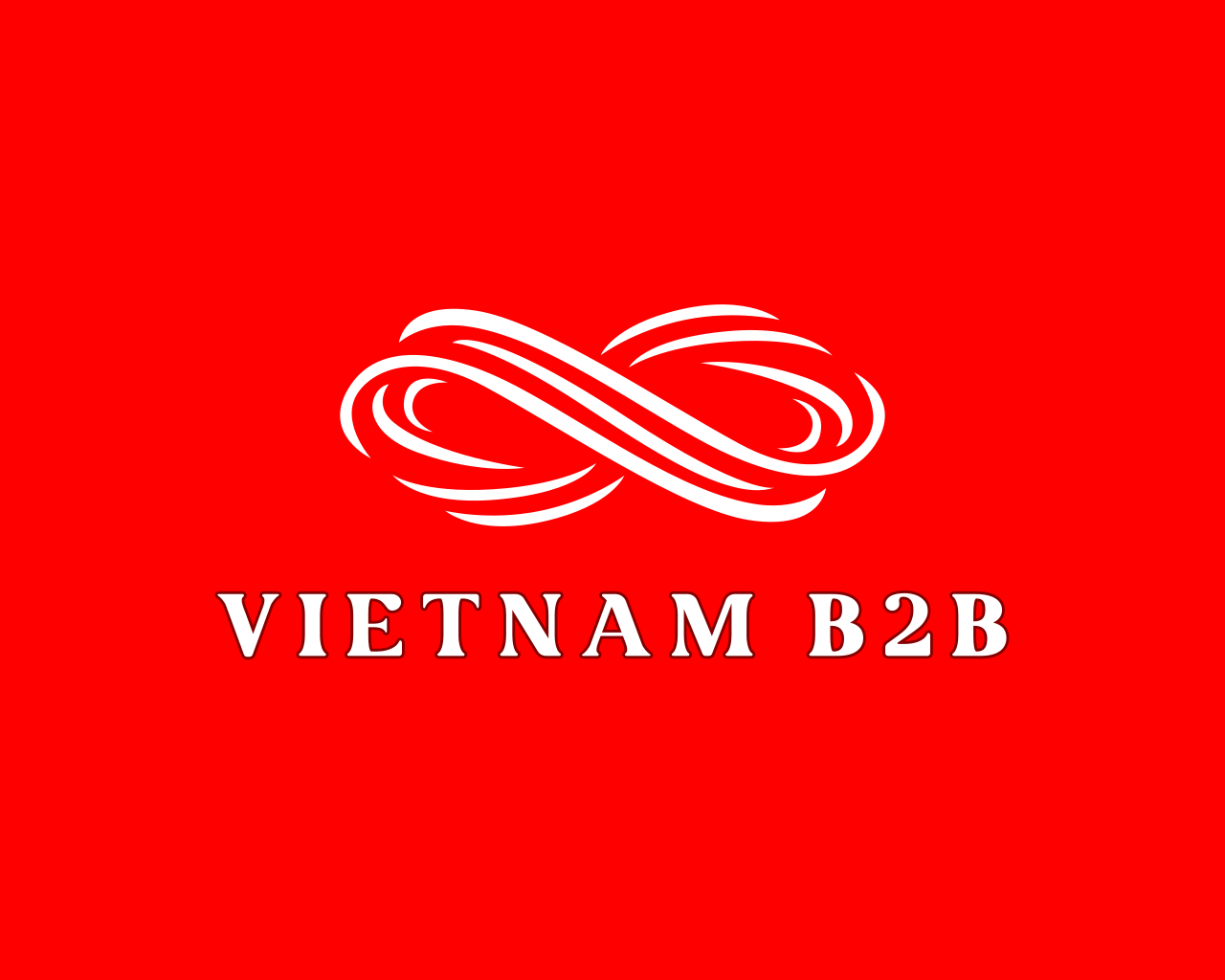Despite the global economic challenges and an oversupply of grade A office spaces in Vietnam during the previous quarter, the demand remains robust. In Q3, numerous new premium office buildings were introduced in both Hanoi and Ho Chi Minh City.
The Thu Thiem area in Ho Chi Minh City, situated across the Saigon River from District 1, witnessed the addition of 84,000 square meters of new office space with the inauguration of The Hallmark (54,500 m2) and The Mett buildings (30,333 m2). Jones Lang LaSalle (JLL), a real estate firm, reported that these two buildings, both with green certification, garnered significant interest from companies in the finance and banking industry, quickly occupying the available space.
In Hanoi, the largest premium office building completed in Q3 was Lotte Mall West Lake, offering 20,553 m2 of space, contributing to the total grade A office space of 491,000 m2 in the market. Despite the considerable supply, absorption rates and rents continued to rise, primarily due to large clients in banking and insurance leasing space in buildings like Lancaster Luminaire, TNR Tower, and Lotte Mall West Lake.
During the quarter, grade A office rent in Hanoi increased by 0.5% from Q2 to reach US$32.6 per m2 per month. Conversely, grade B rent fell by 2.24% to $15.3, according to JLL.
In Q4, the supply has increased even faster, with two new buildings, The Nexus and E.Town 6, emerging in Ho Chi Minh City and one in Hanoi. JLL forecasts rents to remain stable despite the growing competition.
Avison Young, a Canadian real estate services firm, highlighted that while office space demand is low in many countries, premium office buildings in Hanoi, Ho Chi Minh City, and Da Nang have maintained occupancy rates exceeding 85% since the beginning of 2023. Vacancy rates are below 5% in buildings with LEED (green certificate) in downtown Ho Chi Minh City, such as Deutsches Haus and Friendship Tower.
Several factors were identified as contributing to the robustness of the market. Firstly, the market is smaller compared to neighboring countries, with only a third of Bangkok and Jakarta’s size and a fourth of Manila’s. However, Ho Chi Minh City has three times the number of office workers as Bangkok, Manila, and Jakarta, and twice that of Singapore, resulting in higher demand for office space.
Additionally, Vietnam’s working culture, characterized by direct communication, in-office training, and a close-knit working environment, differs from the global trend of remote and hybrid work. This cultural distinction contributes to the resilience of the office space market.
Lastly, the surge in foreign investment in Vietnam, totaling $25.76 billion in the first 10 months of 2023, makes HCMC an attractive destination for multinational corporations. The focus on environmental, social, and governance (ESG) standards influences foreign investors’ decisions, and Vietnam’s shortage of high-quality green buildings aligning with these standards contributes to the sustained demand for office spaces.
Avison Young Vietnam emphasized that the situation is not expected to change quickly, and businesses will continue to pay high rents for offices meeting sustainability standards and the increasing health and wellness demands of employees.
